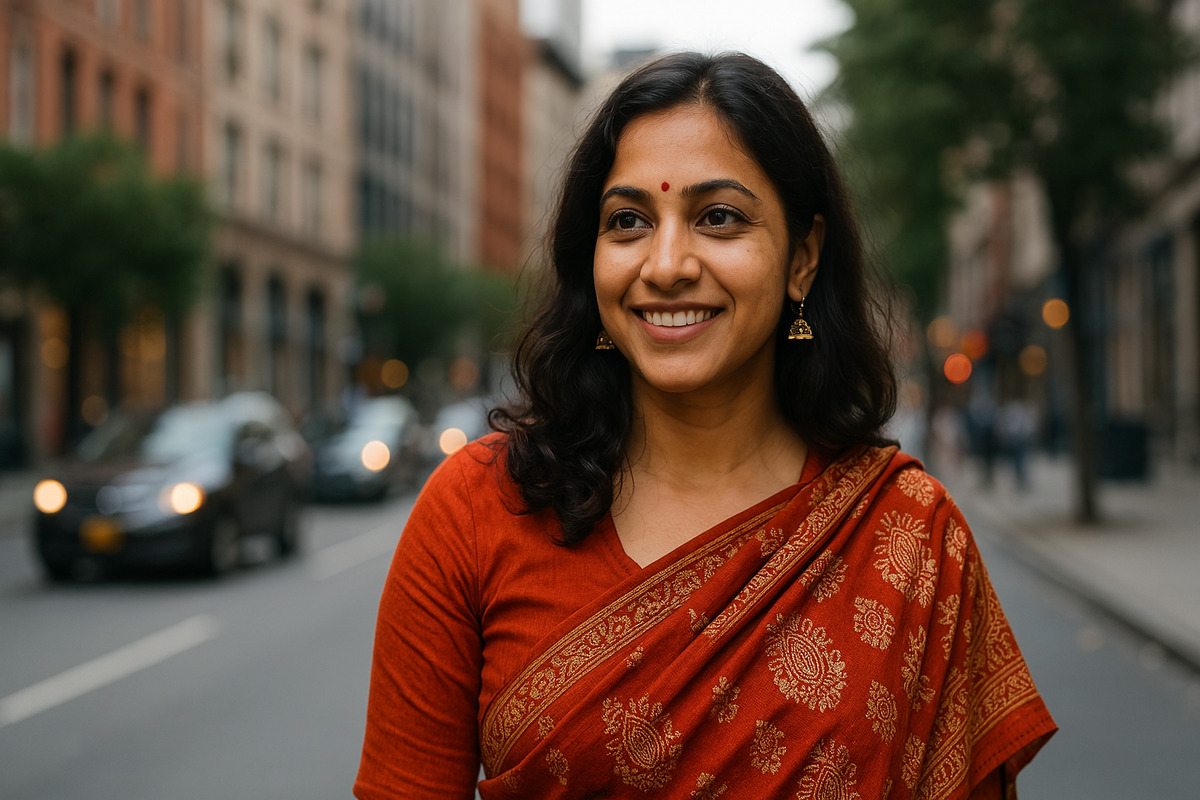
Being Indian overseas is a blend of ancestral pride and the experience of a global existence. The answer lies in balancing deep cultural heritage with fresh experiences in a multicultural environment. Overseas Indians carry traditions and values that have evolved through centuries, yet they adapt to the rhythms of new lands. Every encounter with local customs enriches their unique identity, making it a dynamic tapestry of old and new.
Cultural Roots and Modern Journeys
Indian culture is a rich collection of festivals, languages, cuisines, and family ties. For many living abroad, retaining these traditions is not merely about remembering the past—it is about keeping an active dialogue with their origins. Each celebration, whether it is Diwali, Holi, or Pongal, serves as a reminder of the vibrant history that courses through their veins. This duality creates a life where everyday moments resonate with the spirit of India while blending seamlessly with contemporary global experiences.
- Festivals and Traditions:
- Vibrant Celebrations: Colorful festivals continue to mark the calendar, bringing families together regardless of geographical distance.
- Rituals and Practices: Age-old customs persist in daily routines, reinforcing a connection to the homeland.
- Culinary Heritage: Traditional recipes are adapted with local ingredients, resulting in innovative yet familiar flavors.
- Language and Literature:
- Multilingual Proficiency: Many Indians overseas speak several languages, preserving native tongues while acquiring new ones.
- Storytelling and Folklore: Literature and music act as bridges, linking the past with the present and fostering a sense of belonging.
Adapting in a New Environment
Living away from India demands adjustment and the ability to forge connections with diverse communities. Indians abroad often create vibrant social networks that echo the familial bonds found back home. They find common ground through shared values, whether in academic pursuits, professional fields, or community initiatives. This adaptability is reflected in the ability to respect and integrate local customs without losing the essence of Indian culture.
- Community Engagement:
- Support Networks: Local cultural associations and social clubs provide spaces for connection, celebration, and mutual support.
- Cultural Exchange: Interactions with different ethnic groups promote a rich exchange of ideas and traditions, strengthening personal and collective identities.
- Professional and Academic Life:
- Balancing Work and Tradition: Success in new professional environments is often accompanied by the continued celebration of cultural festivals and rituals.
- Mentorship and Leadership: Many overseas Indians take on mentorship roles, guiding younger generations to appreciate their heritage while thriving in international careers.
Challenges and Opportunities
The journey of being Indian overseas involves facing cultural differences and occasional feelings of isolation. However, these challenges offer valuable lessons in resilience and self-discovery. By building strong communities and participating in local cultural events, Indians overseas reinforce their identity. Their unique position allows them to serve as ambassadors of Indian heritage, offering insights that enrich both their home country and the host nation.
- Maintaining Tradition:
- Intergenerational Dialogues: Families work to pass down stories, traditions, and languages, ensuring that the rich cultural tapestry remains intact for future generations.
- Adaptability and Innovation: New approaches in arts, technology, and community service reflect a blend of traditional values and modern perspectives.
- Global Contributions:
- Cultural Diplomacy: The influence of the Indian diaspora extends beyond cultural events, impacting diplomatic relations and international business collaborations.
- Creative Endeavors: Artists, writers, and entrepreneurs infuse their work with a deep sense of cultural pride, offering fresh narratives that resonate globally.
Final Thoughts
The identity of Indians overseas is not fixed or one-dimensional. It evolves with every experience, every cultural interaction, and every shared moment with both old and new friends. This evolving identity is a testament to the enduring spirit of a community that remains connected to its roots while confidently shaping its future.
Each narrative contributes to the ongoing story of what it truly means to be Indian in a global setting, demonstrating that culture is a living, breathing element that adapts without ever losing its soul.

